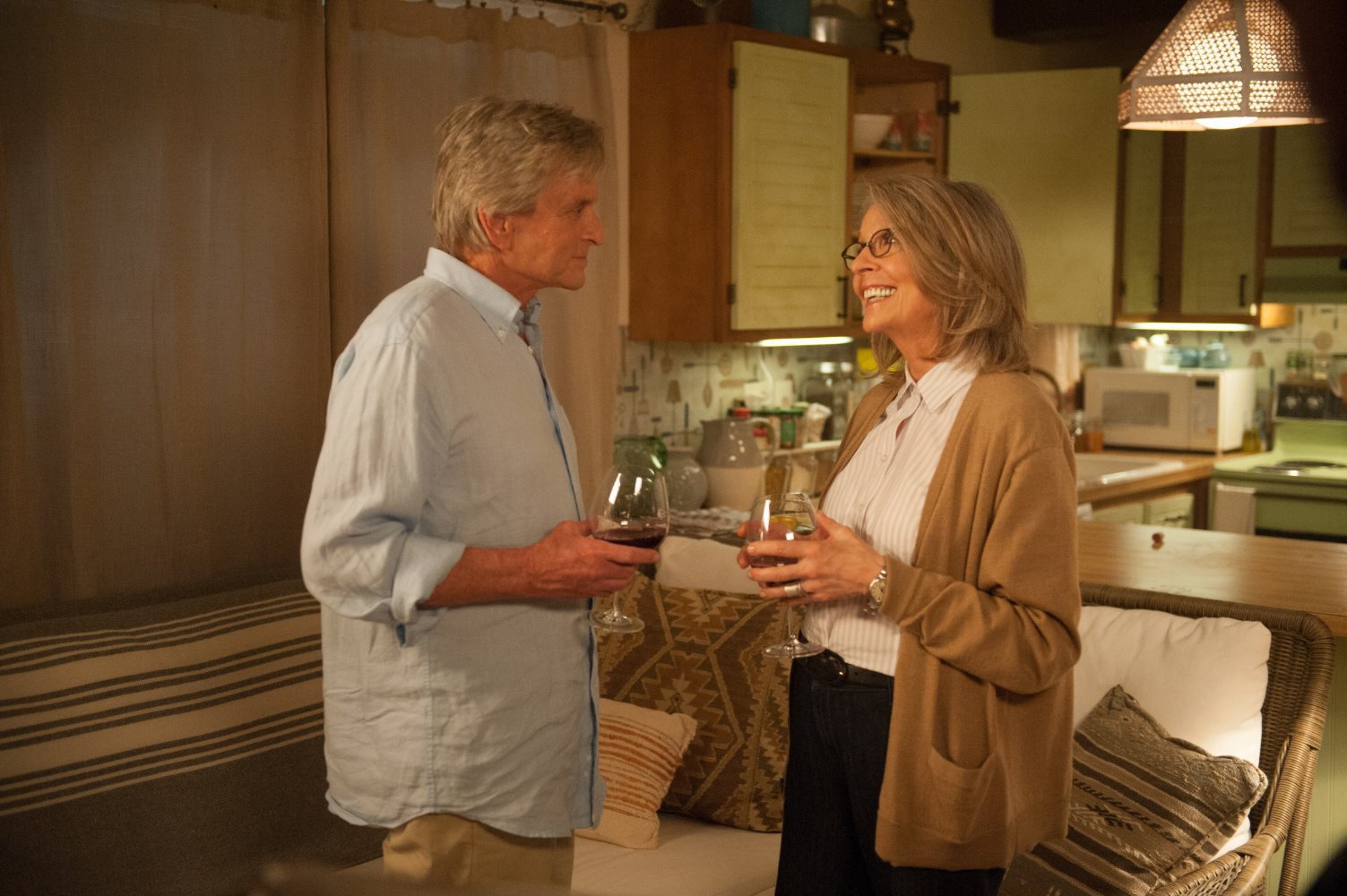Book Club: The Next Chapter
by Hope Madden
I understand and respect that there is an audience for Book Club: The Next Chapter. I see the draw in watching characters in their Seventies – vital, beautiful, rich women, who have men that adore them exactly as they are, and healthy, supportive friends who are always ready for an adventure. May we all have such a third act.
It’s a lovely fantasy. But it’s a bad movie.
Back in 2018, director Bill Holderman introduced us to a quartet of lifelong friends whose monthly book club turned a little ribald when Viv (Jane Fonda) recommended 50 Shades of Grey. Everybody got horny, one marriage was saved, and four remarkable talents got to spend 90 harmless if uninspired minutes onscreen together.
Fast forward five years and one Covid lockdown and the besties are finally able to host their monthly meetup in person again. Just in time, too, because Viv is engaged! So Carol (Mary Steenburgen), Diane (Diane Keaton) and Sharon (Candice Bergen) decide a bachelorette trip to Italy is in order. Madcap!
The stakes are low and the wine is flowing, the police stations and jail cells are remarkably clean and free from riffraff, the comedy is broad and the life lessons are frequent but not too painful. Consequences are entirely nonexistent, but that’s because this is a fantasy. It’s a geriatric Sex and the City episode.
Holderman, writing again with Erin Simms, mercifully avoids jokes made at the expense of the characters. We laugh with them more often than we laugh at them. Holderman and his film respect these mature characters, which is a nice change of pace.
And, of course, Keaton, Bergen, Steenburgen and Fonda can act. They’re not asked to for this particular film, but we’re aware that they have the capacity. Fonda has two Oscars, Steenburgen and Keaton have one apiece, and bringing up the rear, Bergen has a nomination. And the best Book Club: The Next Chapter can think to do with them is have them model wedding dresses.
At least they’re not in a wing eating competition, I guess. And that’s actually where Holderman deserves praise, because he’s not making a great movie. He’s not even making a very good movie. But he’s making a movie for a target audience, and it’s a group of people who’ve lived through enough drama and trauma, cynicism and tragedy. That’s not what they want. They want a fantasy where there are no money issues, no health issues, all their friends are alive and well and still with them, and romance abounds.
Holderman has a club for that.







